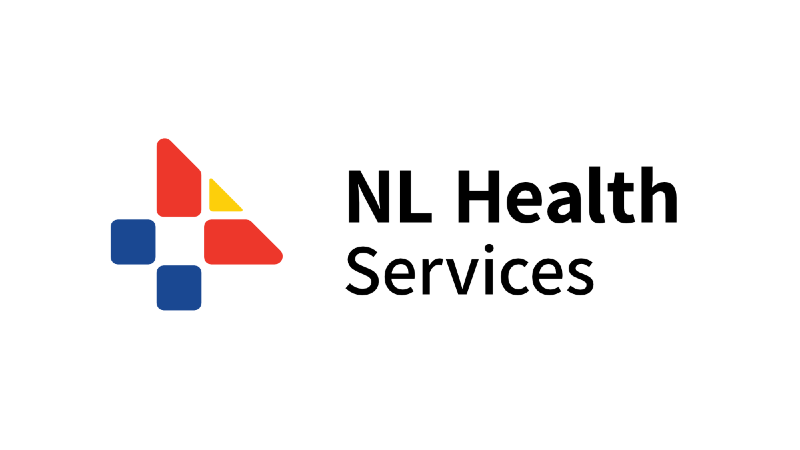
NL Health Services is advising the public of an outbreak of syphilis in the Labrador-Grenfell Zone due to a significant increase in cases across the region over the last year. Cases of syphilis have been on the rise in Canada and around the globe. As a result, NL Health Services is reminding the public of the importance of regular sexually transmitted and blood-borne infection (STBBI) testing.
Syphilis is a bacterial sexually transmitted infection (STI) that can be spread in different ways including vaginal, anal, oral sex, and skin contact with a syphilis sore, which is oftentimes painless. Many people infected with syphilis do not notice symptoms or realize they are infected.
To protect yourself, your partners, and your family, use condoms when having sex to help lower the risk of getting an STI and get tested if:
- You have any symptoms of sexually transmitted infections (STIs). Syphilis symptoms include but are not limited to a new bump or sore on your genitals (that is usually painless), or an unexplained body rash.
- You have had sex with someone who has an STI or symptoms of an STI, or if a health-care provider has informed you that you are a contact of someone with an STI.
- You have new, casual, or multiple sex partners – you should get tested every 3-6 months.
- You are pregnant – you should get tested once at the beginning of your pregnancy, again at 28 weeks to 32 weeks of pregnancy, and possibly again at the time of delivery.
Syphilis can be easily treated by an antibiotic that needs to be provided by a health-care provider. If left untreated, the infection can cause serious long-term health problems. Syphilis can also be passed from a pregnant person to their fetus, which can lead to severe illness or death.
To get tested and treated, please contact your primary care provider or family physician. Individuals without a primary care provider can call the 811 HealthLine to speak to a health-care provider.






